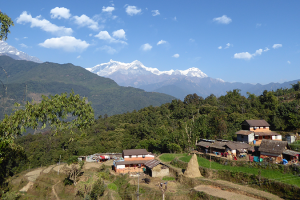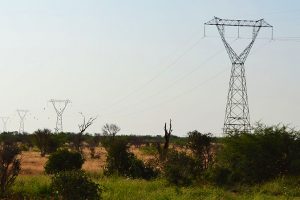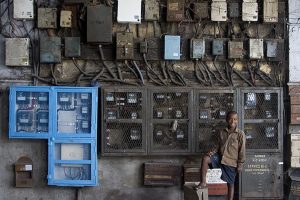Other
Institutional Diagnostic Synthesis
The Institutional Diagnostic synthesis is the culmination of the research undertaken in the four EDI case studies in Bangladesh, Benin, Mozambique and Tanzania. The synthesis also reflects on two historical case studies – Taiwan and South Korea – and describes…
Forest governance in Nepal: from centralized control to local users cooperatives
Focus of the study UNEP flags forest management in Nepal as one of the success stories of the green economy. After decades of forest degradation, the “Community Forest User Groups” program initiated in the early 90’s would have been key…
The Political Economy and Governance of Rural Electrification
Issue: Many developing country governments lack the capacity to directly implement large infrastructure and service delivery projects, instead hiring private contractors to perform public sector responsibilities: at 14.5% of GDP, low-income countries have the highest share of public procurement in…
Monitoring the Performance of Agents in Public Service Delivery
Issue: India’s state-run electricity distribution companies (discoms) often lose up to half of the power they are supposed to supply to customers to theft, losses and non-payment. Despite these inefficiencies and corruption, electricity distribution cannot be wholly privatized to improve…
Engaging Citizens to Address Company-Community Conflict at South African Mines
Issue: Despite being a major source of employment, exports, and tax revenues, mining areas are often sites of protests, riots, and other forms of social conflict: between 2010 and 2013, South African police recorded over 10,000 crowd incidents near commercial…
Who is Bogus? Catching Fraudulent Firms in Delhi
Issue: A common VAT tax evasion strategy in low compliance environments involves fraudulent “paper” firms that allow other firms to reduce their tax liabilities. Identifying these fraudulent firms can potentially help recover lost tax revenue, but locating them is a problem for…





